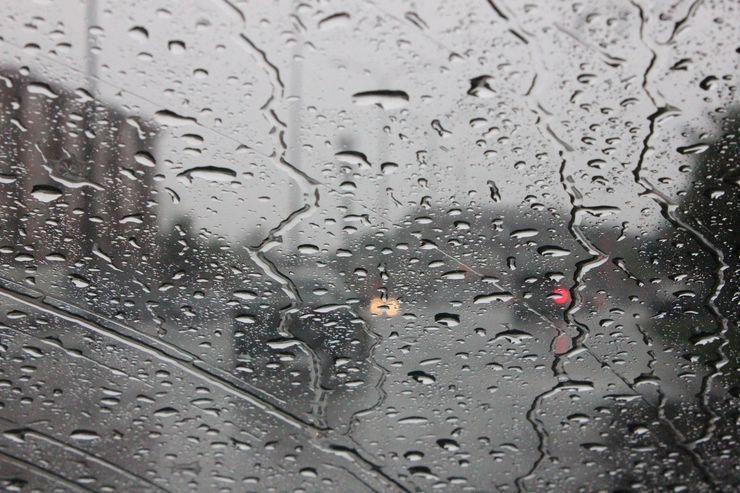
Why does the engine pull worse during rain, and “eats” more
Many motorists tend to notice all sorts of behavioral features associated with the weather, magnetic storms, the amount of fuel in the tank, and similar signs behind their car. Some of these “habits” of the car can be easily attributed to the subjective feelings of the owners, while others really have a completely objective basis. Portal "AutoVzglyad" talks about one of these patterns.
We are talking about a change in the characteristics of the engine during precipitation. The fact is that when it rains, the relative humidity of the air very quickly jumps to maximum values.
This is especially noticeable when the scorching summer heat in a matter of minutes is replaced by a thunderstorm with a downpour. Oddly enough, but different motorists evaluate changes in the nature of the operation of the engine of their own car during rain in a completely opposite way. Some claim that the car has become clearly better to drive, and the engine is gaining momentum faster and easier. Their opponents, on the contrary, note that in the rain the engine “pulls” worse and “eats” more fuel. Who is right?
Advocates for the benefits of rain usually make the following arguments. First, a fuel mixture with a high content of water vapor burns "softer", since moisture supposedly prevents detonation. Due to its absence, the efficiency of the power unit is growing, and it produces more power. Secondly, mass air flow sensors, it seems, due to its greater heat capacity and thermal conductivity in rain, slightly change their readings, forcing the engine control unit to inject more fuel into the cylinders. Hence, they say, the increase in power.

Those car owners who remember the basics of elementary physics better are of the opinion that in the rain from the motor, rather, you can expect a loss of power.
Their arguments are based on fundamental laws. The fact is that at the same temperature and atmospheric pressure, the proportion of oxygen in the air, other things being equal, will be unchanged. The mass air flow sensor ultimately supplies the engine control unit with data to calculate the amount of oxygen - to prepare the optimal fuel mixture. Now imagine that the humidity of the air jumped sharply.
If you explain "on the fingers", then the water vapor that suddenly appeared in it occupied part of the "place" that was previously occupied by oxygen. But the mass air flow sensor cannot know about this. That is, with high humidity during rain, less oxygen enters the cylinders. The engine control unit notices this by changing the readings of the lambda probe and, accordingly, reduces the fuel supply so as not to burn too much. As a result, it turns out that at maximum relative humidity, the engine does not work as efficiently as it can, receiving a cut-down “ration”, and the driver, of course, feels this.
